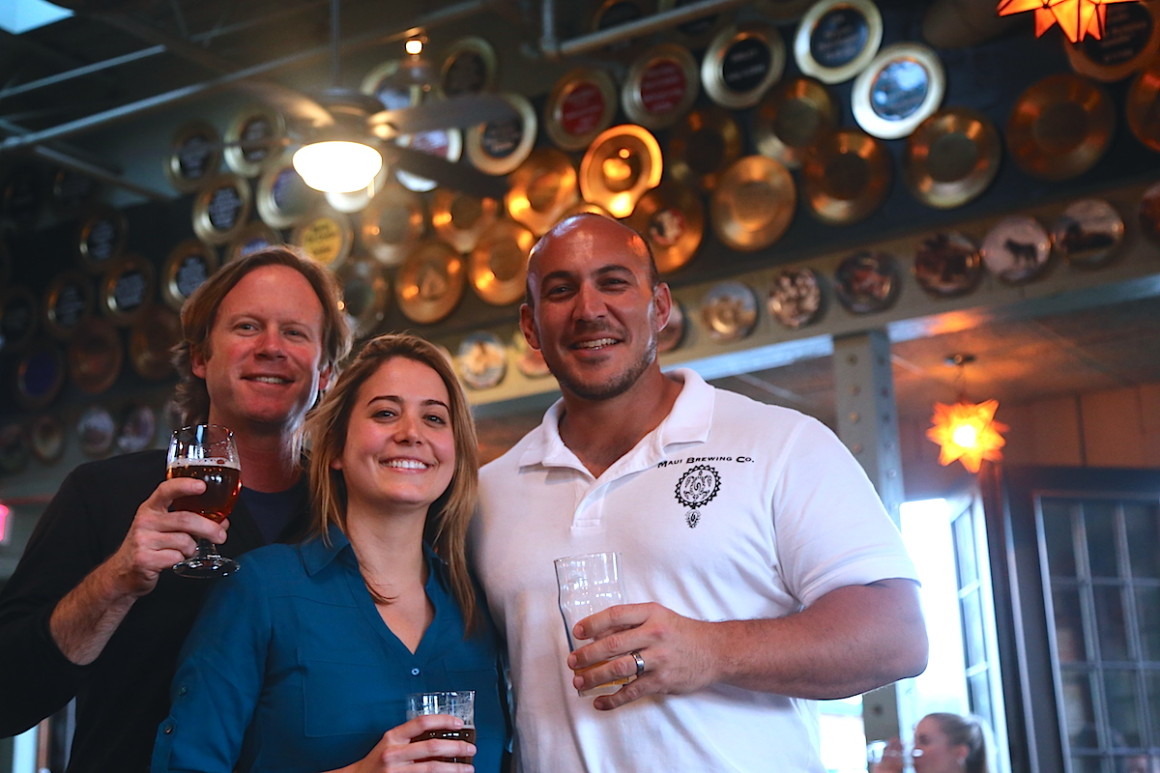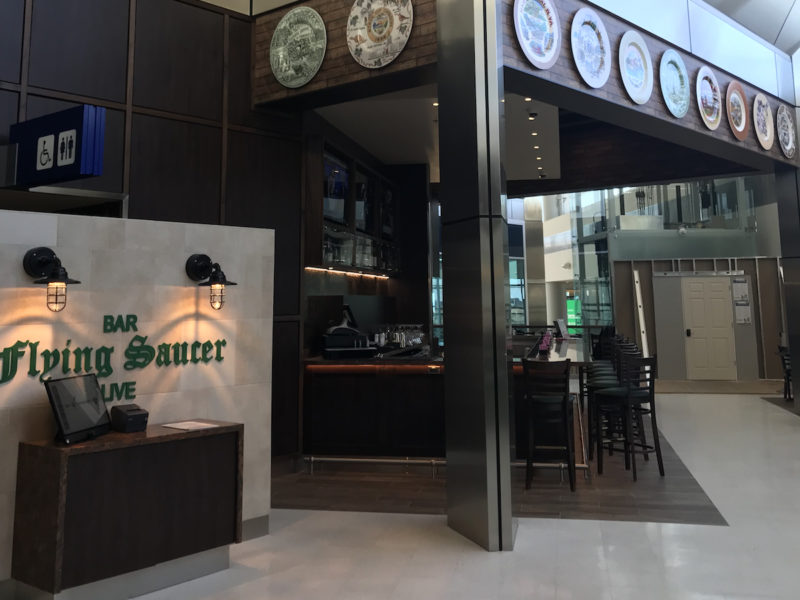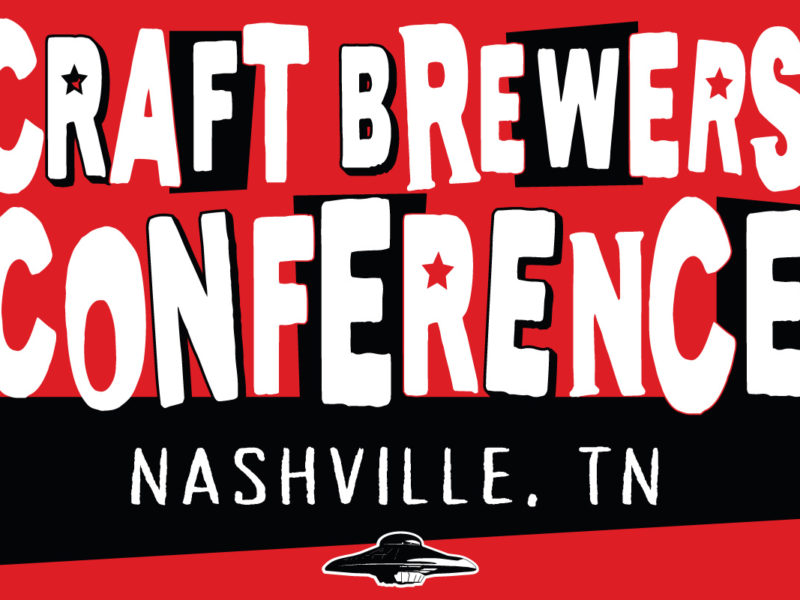Maui Brewing Co.’s Garrett Marrero is one of the most energetic and passionate brewers in America (and probably the world). Recently, we at Beerknews were fortunate enough to sit down and discuss everything craft beer with Marrero. We appreciate his time and offer the following insights:
Who is your beer hero?
I’ve got three guys that come to mind because they’ve influenced me so much: Greg Koch, Dale Katechis and Sam Calagione. But I’m going to have to say Dale because he’s going into his 42nd state, and I still remember when Oskar Blues started out on a two-head manual filler. I learned how to can beer at Oskar Blues in Lyons, Colorado He had such vision to open in the small Colorado community where he lived and then create this national brand that has outpaced nearly everyone’s growth. When he announced that he was opening in North Carolina it was after some of the big boys—Sierra Nevada, New Belgium—and he was open in like seven months, or some ridiculous number. I think especially now that Maui Brewing Company is coming off the heels of a year-and-a-half of construction that had constant delays…Dale’s my hero.
What do you drink after a long day of paddle boarding?
Usually, I drink on the paddle board. I have cargo board shorts so I just throw a couple of beer cans in there and paddle out. Usually it’s Blonde or Mana Wheat when I’m on the water. I do love a good IPA, obviously, but being out on the ocean, it’s nice to have a quaff-able lager.
First “a-ha” beer moment?
I was a teenager. I can barely remember the beer. I want to say it was called DB Draught and it was an English mild, from what I recall. My grandpa used to be the head of purchasing for the Scripps Institution of Oceanography, so he would get all these beers from captains who brought their ships in from all over the world for research. He’d bring home these killer beers, and I remember that one specifically and thinking, “Wow, I don’t like beer, but this is awesome.” My uncle drank MGD, and I hated that. I couldn’t stand it. So I drank this DB Drought and wow. I still can remember the biscuit caramel character of that beer. That was the beginning for me.
What’s the most misunderstood thing about beer?
That beer is one thing and for all people. I think that because for the masses “beer is yellow fizzy stuff,” to quote Greg Koch, and you often have to educate people. I did a tasting the other day and this person was like, “I don’t like that. That’s not a good beer.” They were drinking an IPA, but they loved the lager. And I was like, “Well, the IPA is actually a good beer. You just don’t like hoppy, bitter beers. [The lager] is for you.” The big brewers have convinced the public that American lager is the only beer you should drink, and you should drink it extremely cold and it’s one beer for everyone. I don’t think that’s the case.
The biggest challenge of brewing in Hawaii?
Everything! Taxes are some of the highest in the country. You pay $2.09 for every case (CA is $0.45/case). We’re almost five times California. Utilities are expensive. Water is expensive. Gas is $3.60 a gallon for propane. Unleaded fuel is $3.40, and I’m stoked to pay that. Diesel was more than $5. So, expensive. Definitely expensive. And everything is shipped in. We have to order our containers for malt at least 10 weeks in advance. Pilsner malt that we ordered in November, some of it got held up. We JUST got it. We’re ordering before we even get the one we ordered last month. When a pump, motor or sensor goes out in the brewhouse or anywhere in the building. If an air-conditioning or refrigeration compressor goes out, we have to ship it in. I’ve literally shipped in refrigerator compressors airfreight from LA to be able to get parts out to us in Hawaii. If you go the grocery store on a Sunday night, you can’t get medium pulp orange juice because they sold out. Ninety percent of Hawaii’s food comes in from the mainland. That’s a different soapbox.
What do you think the future holds for craft beer?
The future’s very bright for craft beer, but I think there will be a cloud over it in the not-to-distant future. I think we’re just now seeing it. I got a new statistic that there’s a new craft brewery opening every 14 hours. We don’t even measure by days any more. That’s how rapidly we’re growing. And, I’ll tell you, in the past month, I’ve had some of the worst beer in my life. Not from all breweries, obviously. There are some great ones that really take the time to focus on quality and didn’t open up because this “craft beer thing” is hot and the investors want return. It was because they want to make great craft beer and then make money. The focus is in the right area. The ones that are putting it together with hiring their consultants—they don’t know what they’re doing. I think at some point we’re going to see not only a consolidation but also a decrease in the amount of breweries. I think there will be some very cheap stainless on the market in the not-to-distant future, and I wish that wasn’t the case. I don’t know that I agree with some that this perpetual growth rate is sustainable forever. But I also don’t think that means craft beer will die and go away.
Do you think bad craft beer has the power to take down the craft beer industry or is it just a threat?
It’s certainly a threat. I think it’s very simple. Say someone comes in and doesn’t like IPAs, but they don’t know what they do like. So they drink our IPA, but don’t taste another beer. They don’t like bitter beer, and then they don’t like Maui Brewing Company, because in their mind it’s just that bitter IPA. Which, if you love IPA, you’re going to love that beer. Education is important to us. We do a lot of educating. A lot of sampling. That’s important. Bad quality beer can have the same effect of, “Oh, that craft beer thing sucks because I tasted one and it’s horrible.” I don’t think it’s going to bring down craft beer, but it can certainly be one of the contributing factors to slowing its growth. But, I think in a good way, it can help weed out the breweries that shouldn’t be there. It’s Darwinian.
What’s the best thing about having your mom involved in the brewery?
My mom calls herself “Mainland Operations Manager” or “MOM” for short, and she’s a sweetheart. Honestly, the best thing about it is she takes a lot of pressure off on events in San Diego. Her, my stepdad and my family in general. As much as I’d like to get to San Diego more, I’m kind of like, “Oh I don’t have to go do that event because my mom and Greg are there,” and that takes an enormous amount of pressure off so that I can go to Texas and do events there. Or go to Arizona or other places that we don’t have that connection, that assistance. And she pretty much thinks of everything at an event. She has this rolling toolbox that she rolls into an event with, and if anybody needs anything—tape, paper clips, hole punch, twine, Velcro, bungee chords, whatever you need to set up your booth—she’s got it. And that’s pretty awesome.
What do you think about craft brewers selling out to big beer? Do you personally have a retirement plan when it comes time?
I’m 36, so I’m not exactly thinking about retirement, but I like to think that when it comes time to put that plan together, which probably isn’t in the too far distant future, I envision a plan for our company that will perpetuate what the brand is all about, what our company is about. And I don’t see that being selling to a larger brewer. Certainly not a domestic brewer like a Bud/Miller/Coors type. I don’t rule out the purchases or sales like Alpine and Green Flash. Those types can very well work. I envision for our company, most likely, an employee-owned situation where maybe I still get to consult. But I don’t sit still very well, so I think I’ll be here for a long time.
Do you have any advice for craft brewers fighting restrictive laws in the United States?
Keep fighting the fight. It’s going to take a while. It’s not always easy, but band together. Stand united. Try to work any issues between the breweries out before you go in front of legislators. If there’s quarreling among the brewers, it’s not going to be united to the Senate or the House. You need to present a united front. Even if you’re not getting 100 percent what your brewery wants, you need to make those sacrifices for the greater good and be open-minded. And more important than anything else, think about the unintended consequences of the legislation you’re proposing. Talk to other states and talk to the guilds.
Learn more about Maui Brewing Co. and then, give them a taste at your local Flying Saucer.








